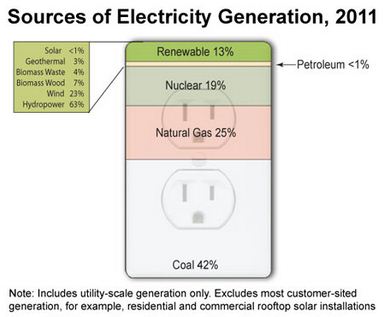Trucks And Highway Damage
SEARCH BLOG: TAXES
The issue of extra heavy trucks and the rapid deterioration of Michigan highways comes up now and then. It probably will surface once more now that additional taxes are proposed to upgrade and maintain highways that are in terrible condition.
As the Detroit Free Press reports:
Higher gas tax may pave way for better Mich. roadsMichigan is the only state I am aware of that allows 11-axle trucks to routinely operate on its highways. The argument is that these trucks are more economical to operate versus the standard semi-tractor-trailer combination and save highway damage by spreading the load across more axles... although they do more damage to bridges from the greater absolute weight.
By CHRIS CHRISTOFF and MATT HELMS
FREE PRESS STAFF WRITERSMichigan motorists should pay more in gas taxes and car registration fees to fix the state’s roads, creating jobs and making the state more attractive for new business, an influential coalition said Thursday, as it unveiled a plan to overhaul road funding.
It would replace the state’s 19- cents-per-gallon gas tax with a 16% tax on the wholesale price of gas, capped at 34 cents per gallon.
Also, annual car registration fees would nearly double in five years to pay for better roads. Owners of older cars would pay less. The changes would cost the average Michigan driver $13 more monthly by 2014, according to the group.
“The money’s got to come from somewhere,” but a big gas tax increase will hurt families, said Jeff Adams, a construction project manager from Harrison Township.
The House Transportation Committee began hearings on the 13-bill plan Thursday.
A Michigan State University study showed that these extra-heavy trucks caused more rutting of the surface, but less cracking.
While there is no doubt that heavy trucks, regardless of the number of axles, do more damage than passenger cars... about 10,000:1... the issue of road deterioration seems more related to the climate which sees frequent thawing and freezing during the winter. Furthermore, it is likely that the past low-cost bidding approach has contributed to sub-standard design and construction.
The State does now require warranties, but it is for materials and workmanship... not design which is the responsibility of the state. Strangely, design seems to be set in concrete... so to speak. And like the old saw says: If you do what you always did, you'll get what you always got.
So, it appears that Michigan can expect higher taxes for roads and roads that continue to deteriorate at remarkably fast rates when compared with other states' experiences... and every summer the same freeways will be shut down for road rehabilitation.
..






